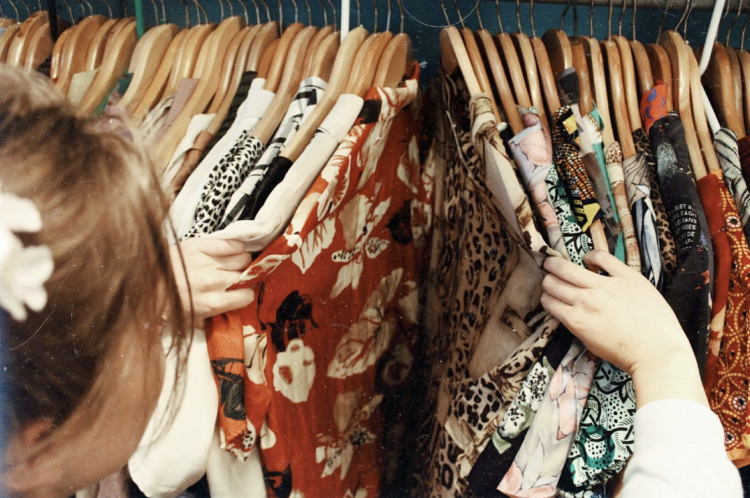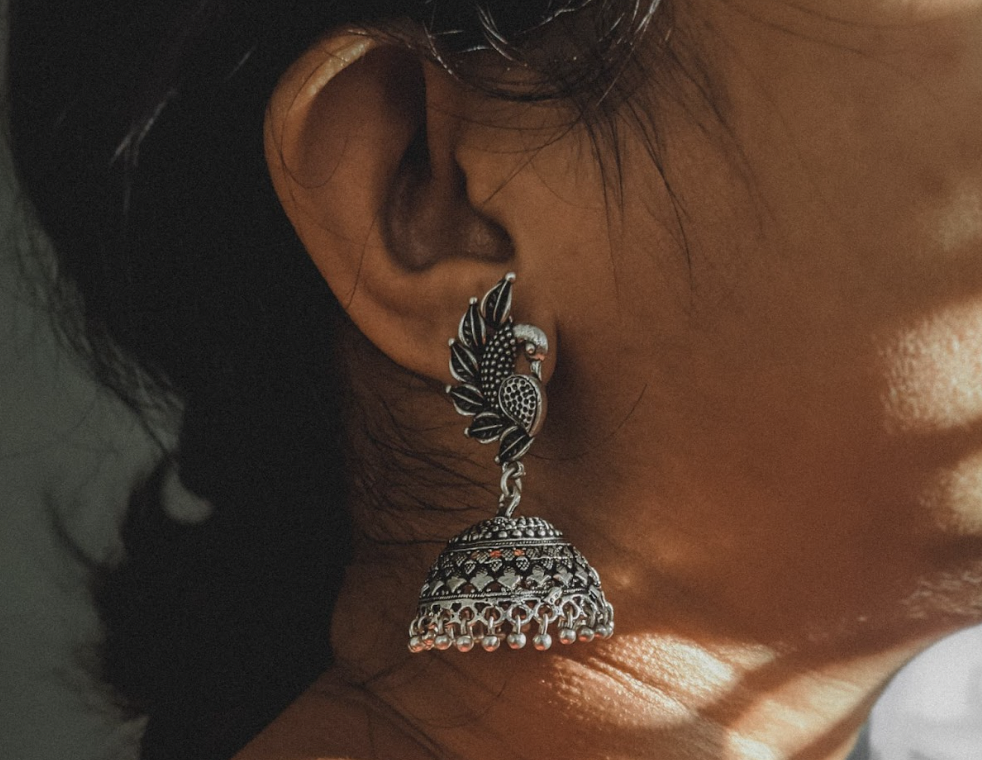The Culture Crisis

I moved to Paris after 18 years of living in Mumbai, India, one of the most conservative countries in the world. With me, I subconsciously brought over every cultural, moral, and ethical belief I had. While I tried hard to prove that I had evolved into a “liberated European woman” free of inhibitions, where the fewer clothes I had on equated to how liberated I was, by the time sophomore semester rolled around, the way I dressed stayed the same.
I began to wonder whether this was a dilemma other people faced while getting ready every morning. To get a better idea, I took to the halls of The American University of Paris to discover if I was the only one that let my culture and upbringing influence my fashion choices.
Culture plays a key role in one’s identity and can be defined as a compilation of values and norms that are shared with a group to create a way of life or as “a way to express one’s selfhood”. Our cultural upbringing can be seen through the fashion choices we make on a day-to-day basis, whether subconsciously or not. For AUP student, Reya Divekar, who also grew up in India, dressing modestly is a comfortable choice. She said, “While getting dolled up occasionally is fun, I always feel physically more comfortable in jeans or loungewear”. When asked why, she added that this type of clothing is simply more acceptable back in India. Divekar tends to gravitate towards more modest attire because it was the cultural norm growing up. She also stated that, after moving to Paris, she has felt pressure to “dress up” more, but still feels “the prettiest and most put-together when [in] ethnic clothing”. Over time, Divekar has embraced the best of both her worlds by adding traditional Indian elements such as Jhumkis, or pashminas to her day-to-day outfits.
Image Credit: Unsplash/Promodhya AbeysekaraSimilar to Divekar, when I moved to Paris, I watched people around me comfortably and confidently wear clothes that would have typically been considered more revealing to the average Indian woman, making me feel like I was stuck in some kind of backward, third-world mindset. Through social media and pop culture over the years, I had been fed an overwhelming amount of content explaining how I wasn’t ‘free’ or ‘liberated’ because I chose to dress modestly.
For AUP Student, Mehana Placeres, it was a combination of her environment growing up and her family history that impacts the way she dresses in the mornings. Placeres was born to a Mexican father and half Vietnamese and half-white mother in New York City. On an average day, she says you can find her in, “baggy trousers, a crop top and a really nice coat”. She explained how various factors like family history affect the way she dresses today. - her Vietnamese grandmother moved to France as a young girl, at a time when discrimination between the East and the West was a common problem.
In an attempt to assimilate, Placeres’ grandmother used fashion to fit in and her mother and grandmother have thrifted designer items over the years, restored them, and kept them in beautiful condition to pass them down from generation to generation. The baggy pants and crop top show her more New York sense of dressing; her use of fashion to “find a balance between the cultures, both familial and historical”.
Fashion and clothing go far beyond simply “What’s hot, and what’s not”, and slowly, but surely the world is realizing that it is a combination of our pasts, our environments and our cultures. With time I realized it was also the combination of my experiences and my environment growing up in India that impacted my choice of clothing every day.`The idea of the “liberated” woman is evolving, to mean one who can feel confident and free as long as what she is wearing is her choice.








